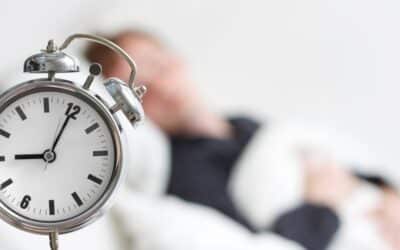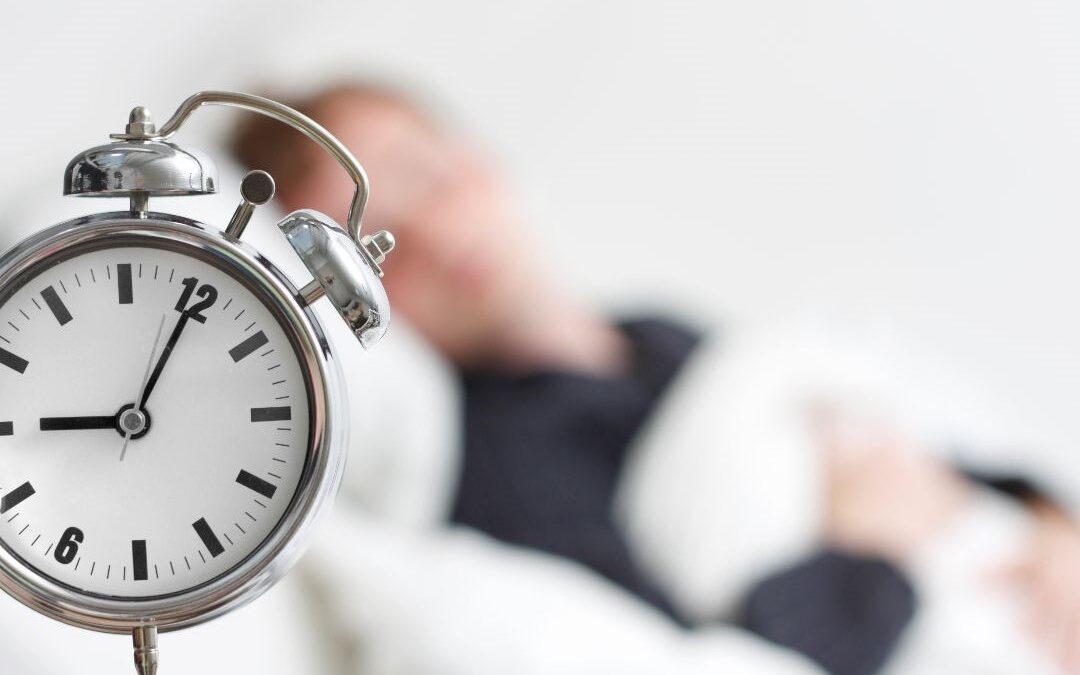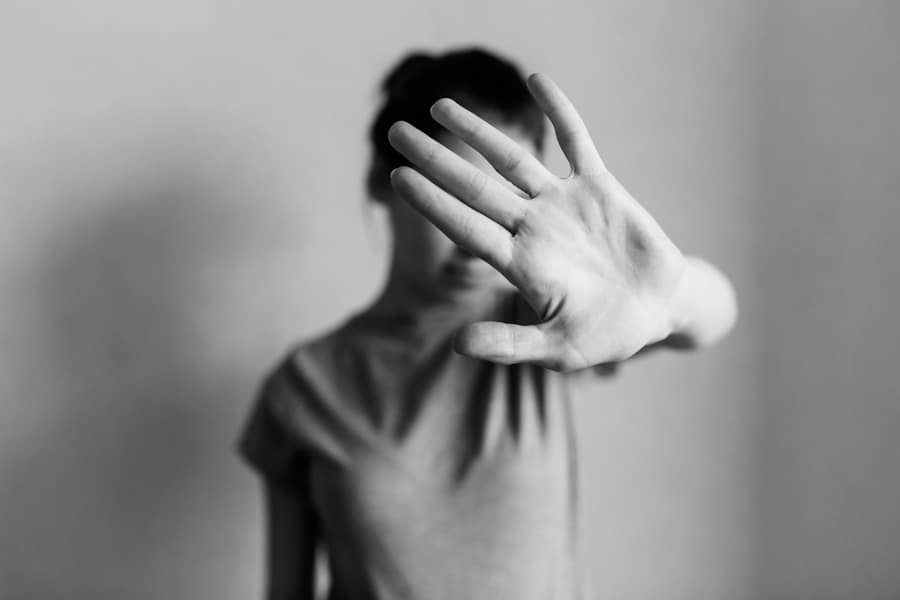If you’ve come across behavioral therapy in an addiction treatment program, you may be wondering what cognitive-behavioral therapy (CBT) is or what dialectical behavior therapy (DBT) is. You may be interested in finding out what it is about behavioral therapy that helps people struggling with substance use disorders work toward recovery.
It’s a fact that clients suffering from mental health issues — whether it’s due to a dual diagnosis or a symptom of their particular addiction — are more likely to use substance misuse as a form of self-medication. This is why behavioral therapy is a useful form of care for people struggling with substance use disorders. CBT or DBT can improve clients’ communication habits, coping skills, and overall self-image.
If you’re interested in behavioral therapy and addiction treatment programs that include it in their schedules, reach out to Casco Bay Recovery. Call 844.956.3520 or contact our team online.
What Is Behavioral Therapy?
Behavioral therapy involves a wide range of care techniques used to change maladaptive behaviors. This type of therapeutic care is meant to reinforce desirable behaviors and also eliminate unwanted ones. It’s rooted in the principles of behaviorism, a school of thought involving the idea that we learn from our environment. Unlike the types of therapy that are rooted in insight — such as psychoanalytic therapy — behavioral therapy is action-based.
Because of this, behavioral therapy is usually highly focused. The behavior itself is the problem, and the goal of treatment is to teach new behaviors to minimize or eliminate the issue.
What Is Dialectical Behavior Therapy?
DBT is a type of CBT. Cognitive-behavioral therapy attempts to identify and address negative thinking patterns while pushing for positive behavioral changes. A unique aspect of DBT is its focus on acceptance of experience and reality as a way to get reassurance, along with what needs to be done to heal. The term “dialectical” comes from the idea that bringing together two opposites — acceptance and change — brings better therapeutic results than either one alone.
Standard comprehensive DBT programs typically have four stages:
- Individual therapy
- Group skill-building workshops
- Phone coaching but only if needed for crises between sessions
- Consultation group for health care providers to stay focused and discuss client care
Clients going to DBT sessions agree to do homework for them to practice newly learned skills. This can include keeping track of emotions, behaviors, and skills they practice daily. They may also keep track of actions such as lying, self-injury, or self-respect.
DBT is intense but its success rate is high. It’s usually recommended for high-risk, tough-to-treat clients that may have multiple diagnoses. DBT was initially designed to treat or manage suicidal behavior and borderline personality disorder. However, it’s been adapted to aid in healing from other mental health issues that threaten someone’s safety and emotional well-being. Substance use disorder is a condition that can improve significantly when DBT is applied.
How Do DBT and Other Types of Behavioral Therapy Help in Addiction Treatment Programs?
Because behavioral therapy is action-based when it comes to the goals of treatment, it’s an excellent tool to manage and treat substance use disorder. While addiction is a chronic illness, it is also defined by problematic behaviors. What other form of care other than behavioral therapy would offer direct treatment of substance misuse? Detox is just the first step. In many cases, behavioral therapy is what makes sobriety last a lifetime.
DBT and other types of behavioral therapy focus on changing negative behavior and surroundings to make maintaining sobriety easier for clients post-treatment. In some cases, clients may even benefit from DBT sessions as part of their aftercare plan.
Reach Out to Casco Bay Recovery for DBT in Maine
To find out more about dialectical behavior therapy programs and other offered services, reach out to Casco Bay Recovery. Contact our team online or call 844.956.3520.







